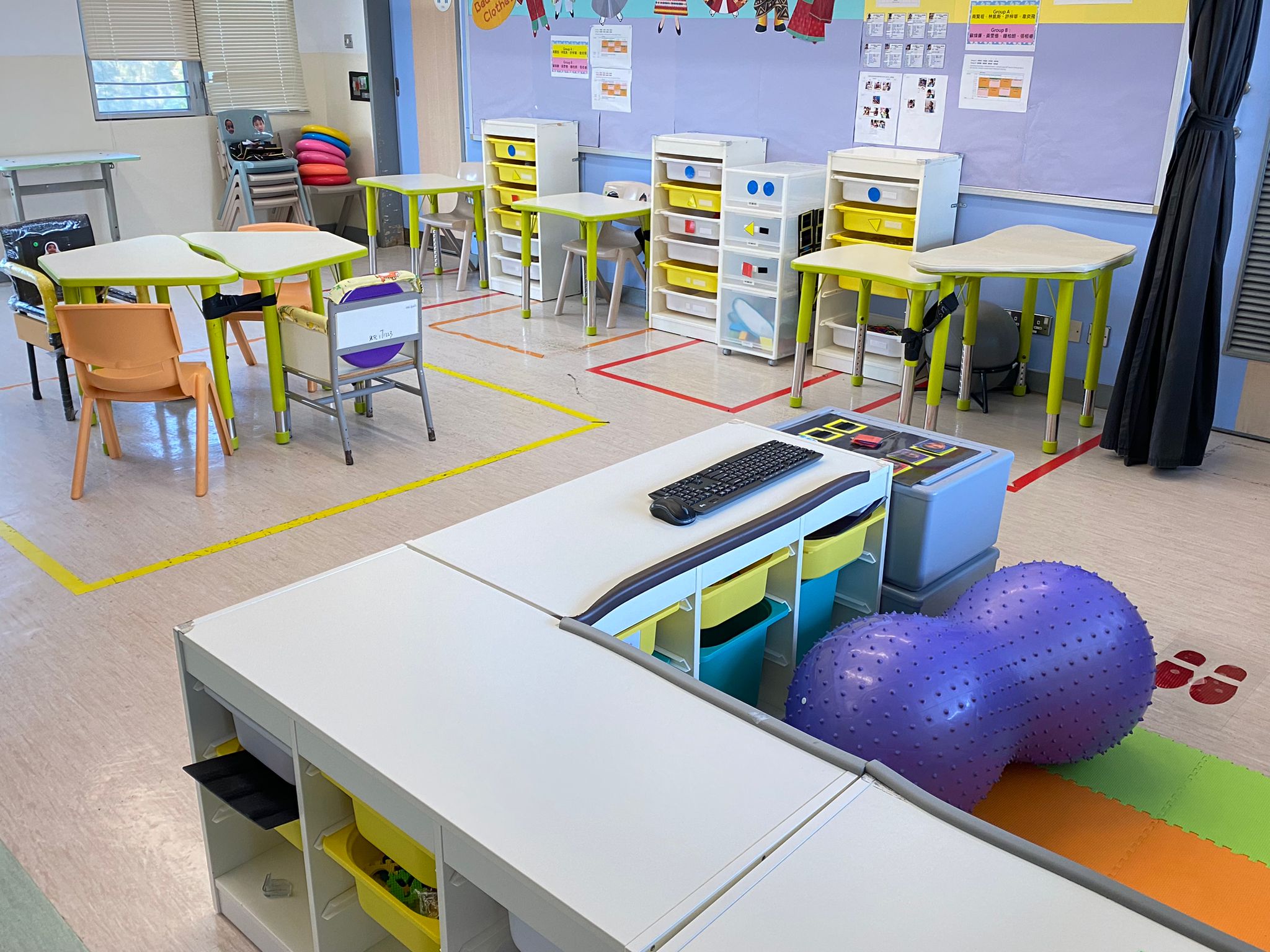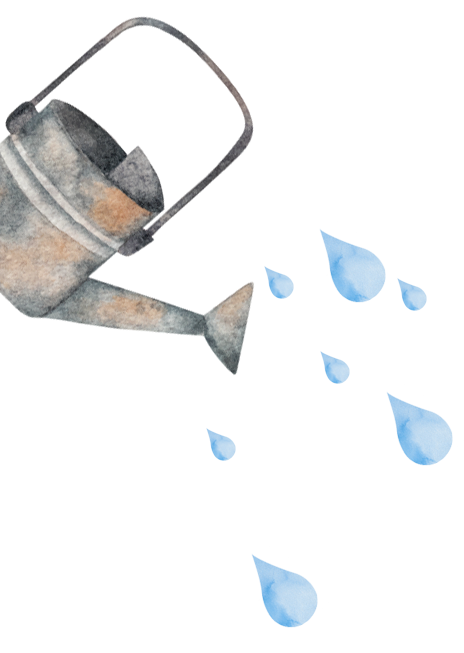
Implement the "Guidance and Teaching Program for Autistic Children in Special Schools" in schools to provide learning support for students with autism, help them overcome various learning, emotional and behavioral obstacles, and strengthen their ability to adapt to regular learning, daily life and social activities. The school uses a three-tier structure model to provide students with autism with additional learning and growth support to help them increase their interest in learning, understanding and thinking, and improve their social, communication and emotional regulation skills.
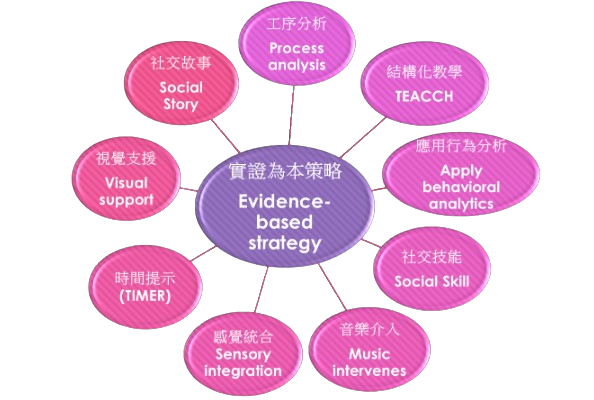
.jpg)




"Professional Development of TEACH and ABA Methods in the Classroom" program is to provide learning support to students with autism who are severely mentally handicapped to help them overcome learning, emotional and behavioral barriers, and enhance their ability to adapt to regular learning, daily life and social activities.
To provide additional learning and growth support for students with autism spectrum disorder (ASD) to help them improve their interest in learning, understanding and thinking, as well as their social, communication and emotional management skills.
To enhance students' ability to adapt to the environment and live independently, to develop socially acceptable behaviors, to reach their full potential and to integrate into the community.
The Unit invited the Faculty of Education of The University of Hong Kong to organize the "Professional Development on Implementing TEACCH/ABA Methods in the Classroom", which applied the strategy of TEACCH/ABA to students with autism in the pilot class, conducted classroom practice, conducted assessment with staff and provided practical suggestions, so that teachers and staff could better understand the skills of implementing TEACCH/ABA with autistic students, so that students with autistic disorder could build a sense of security and reduce emotional behaviors, which would help students with autism develop positive values and attitudes.
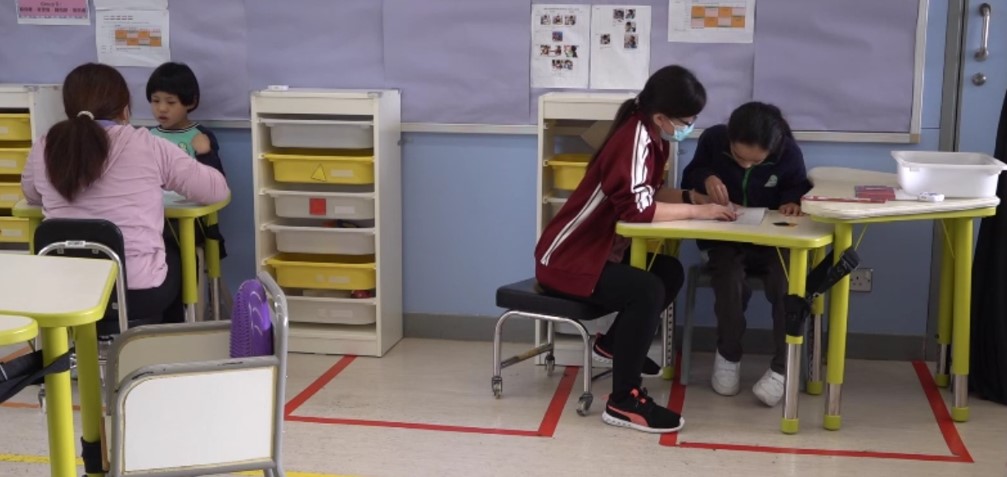
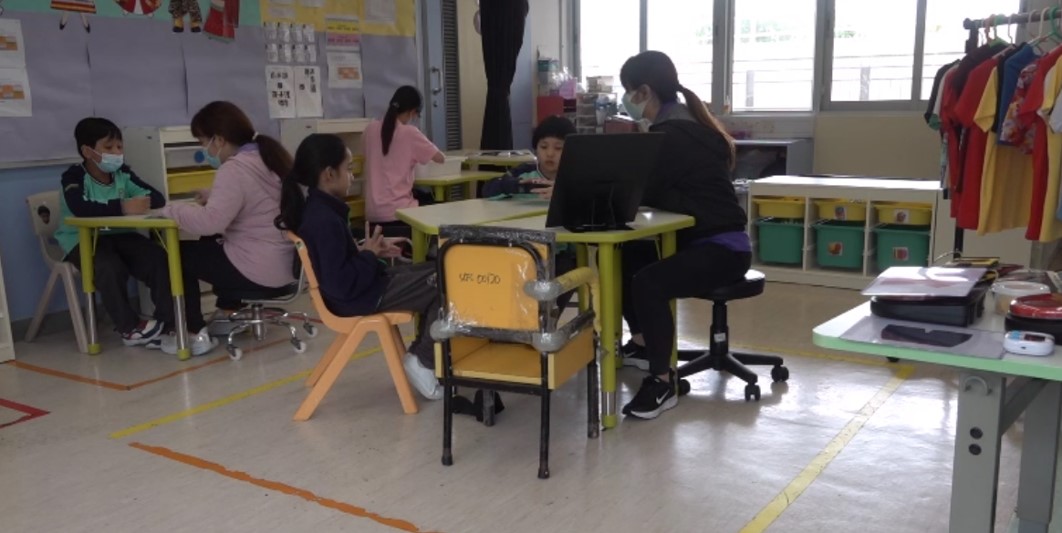
.jpeg)
